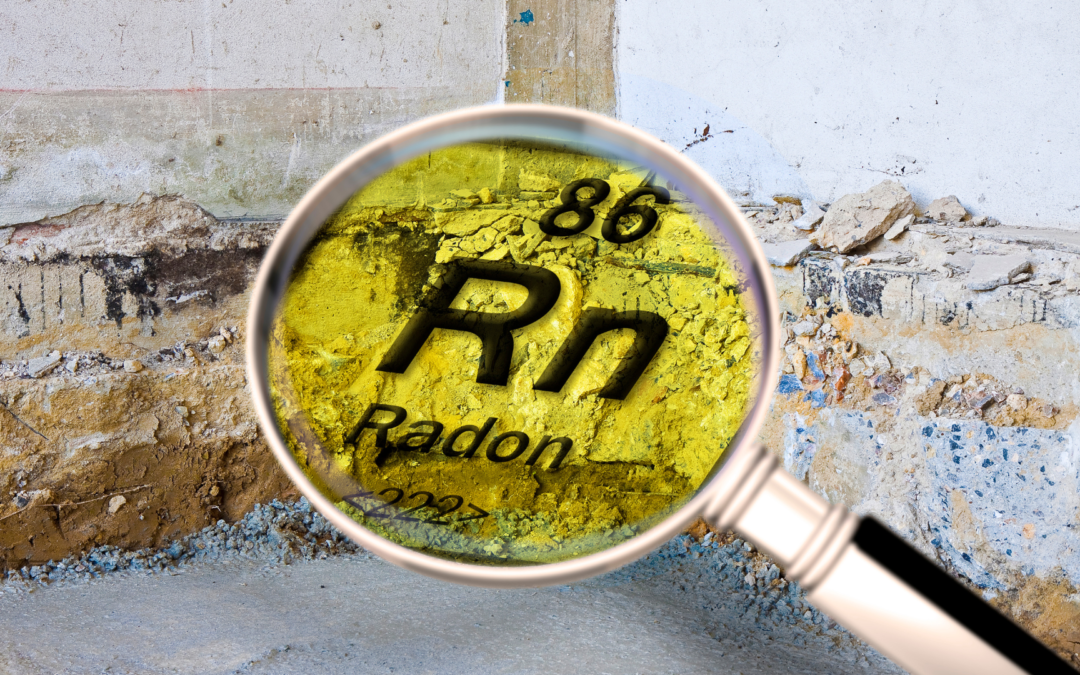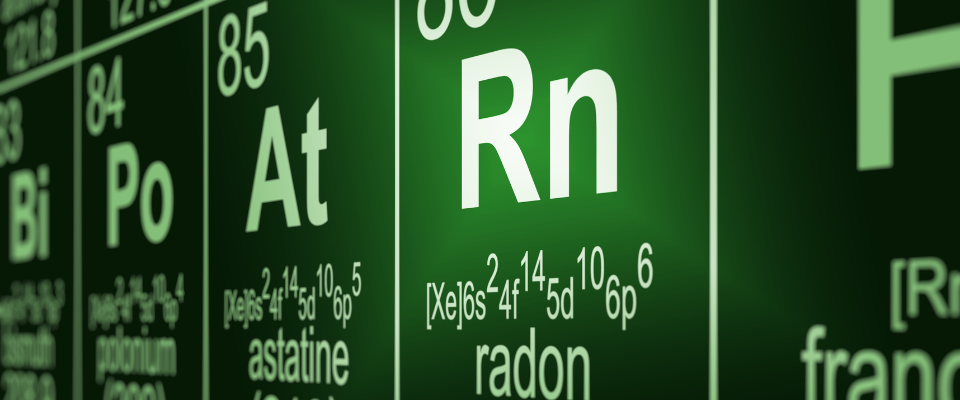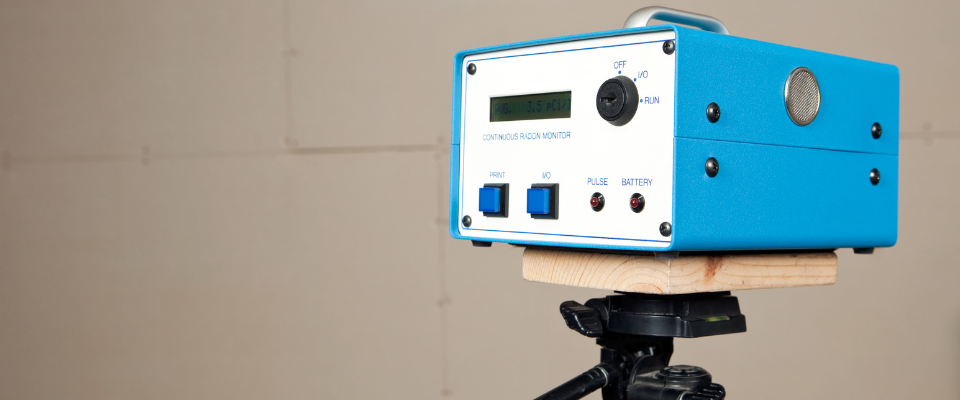Radon is an odorless, colorless gas that naturally forms when heavy metals like uranium break down in the soil. While radon itself is lesser-known, it is a byproduct of these more popular heavy metals. As radon continues to decay, it transforms into other elements—a process known as radioactive decay, which occurs globally, including beneath our feet.
At low trace amounts, radon is not a significant issue. However, in certain regions, such as middle Tennessee and the Cumberland Plateau, higher concentrations of radon can be found due to the abundance of trace heavy metals in the soil. When radon rises from the ground and infiltrates homes, it poses a health risk. If radon decays near a human occupant or is inhaled, it releases an alpha particle. This particle, if it comes into contact with lung cells, can initiate a cancerous mutation, making radon the leading cause of lung cancer among nonsmokers. Radon exposure is responsible for thousands of deaths each year in the United States.
Despite the risks, radon is not an insurmountable threat. It can be effectively managed with a radon mitigation system. Many new homes are constructed with passive radon mitigation infrastructure, and existing homes, both old and new, can have these systems installed. These systems significantly reduce indoor radon levels, improving air quality and reducing health risks.
For more information on radon and how to protect your home, consider consulting with a radon mitigation specialist. Taking proactive measures is the best way to safeguard your health.
Reach out to DILIGENT today to learn more about Radon and how we can help ensure the air in your home is safe to breathe.
Experience the DILIGENT Difference
With DILIGENT, you can understand the value of your potential home investment by skipping the guesswork and gathering deeper information about your new home with our detailed reports provided the same day as your inspection.




